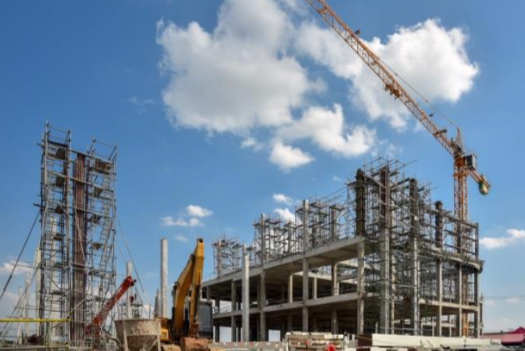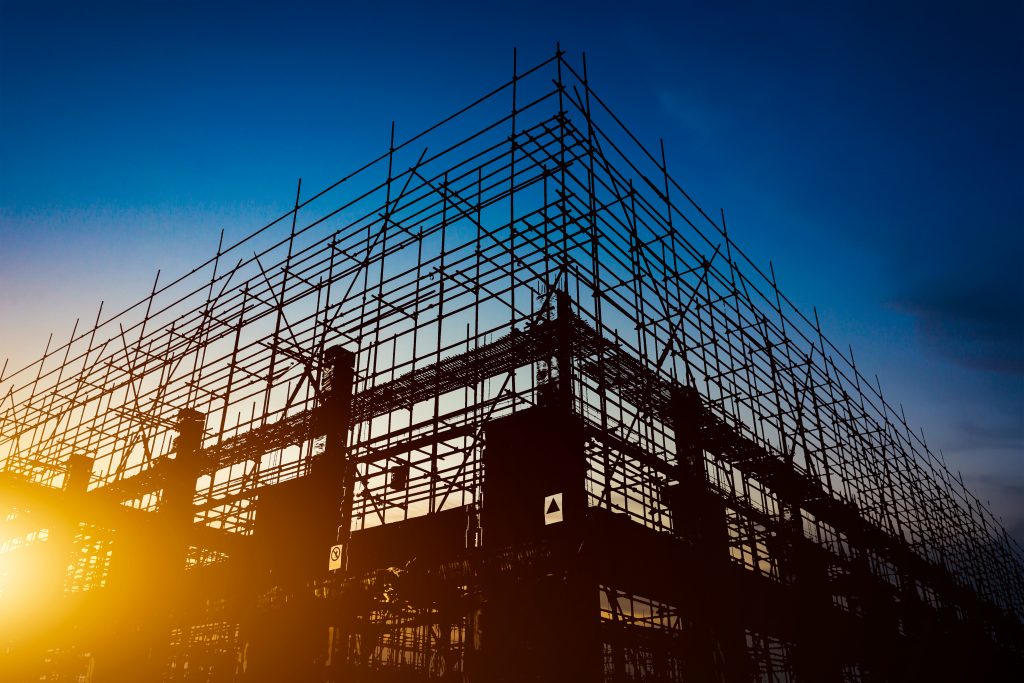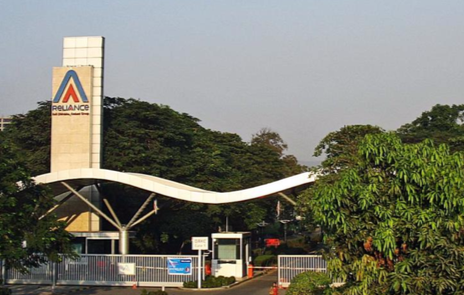Women Investing in Real Estate
Women Investing in Real Estate

By Evente Clinic
Over the years, the job of a man and a woman was divided. Among many things, investing in properties was always perceived as a male job. So much has changed in the Indian society in the past couple of decades, women investing in real estate is certainly one of the major changes we have seen as a society.
There are many factors which have brought about this change. The introduction of various schemes by the Indian government, such as secure co-borrowing facilities, preferential home loan schemes, Pradhan Mantri Awas Yojana (PMAY) and others, has encouraged first-time investors, particularly women.
“So much has changed in the Indian society in the past couple of decades, women investing in real estate is certainly one of the major changes we have seen as a society.”
According to a Track2Realty report, 32% of buyers across the country are single women, who are contributing to decision-making in about 74% of all real-estate purchases. Most of the investments by women are in cities like Bengaluru, Mumbai, and Hyderabad. Numbers like these have made the developers and lenders sit up and take notice of this segment and are wooing them with offers and incentives.
Also, according to the latest study by BankBazaar’s Moneymood, conducted in 2019, average home loans taken by men amount to Rs 22.97 lakh, i.e. 20 percent lesser than the female population’s aggregate home loan, i.e. Rs 27.57 lakh. These reports not only depict a positive property buying trend among women but also showcase their aspirations, responsibilities and success rates on the professional front.

Let us learn, why more women are investing in real estate now?
The change in perspective – Back in olden days, the house was mainly run by the male in the family. In today’s world, especially in urban areas, women are sharing the house responsibility neck to neck and therefore they actively participate in the property buying process and take equal financial responsibilities to see its fruition.
Reduced interest rates – Many banks are offering home loans with preferential interest rates to female investors. The slashed interest rates vary from 0.5 percent to 0.1 percent which comes down to huge savings when compared to the previous lending rates. Therefore the reduced lending rates have served as a massive impetus to several households who have availed joint home loans and named female members as the primary credit-holders to reap the benefits of discounted rates.
Stamp duty charges – Few states and union territories, like Haryana, Delhi, Punjab, and Rajasthan, allow female home buyers to avail up to 1 to 2 percent discount on the gross stamp duty charges which considerably reduces the total cost of the property.
Investment options – As already mentioned, the women in urban cities are earning as much as their male counterpart. The real estate seems to be the safest option when it comes to investment without risk along with good returns. The other investment options like – share market and mutual funds involves a lot of risk and Indian women are happier in safe and secured returns of a real estate investment.



















